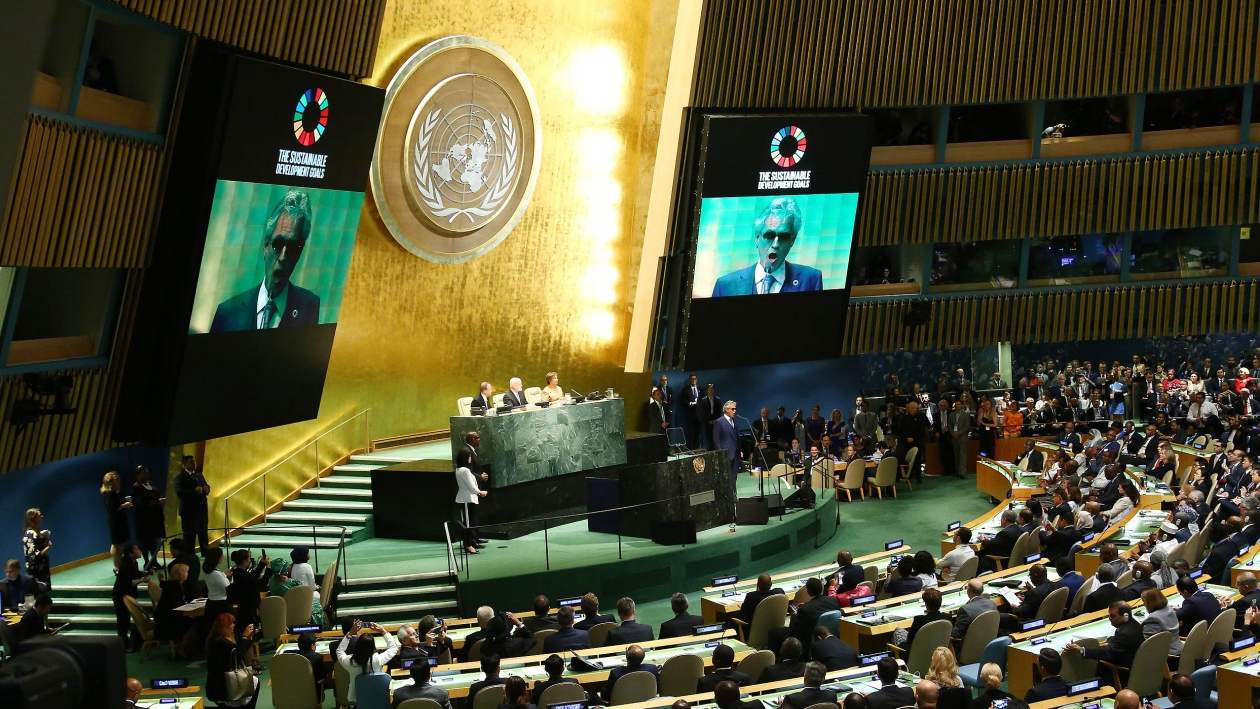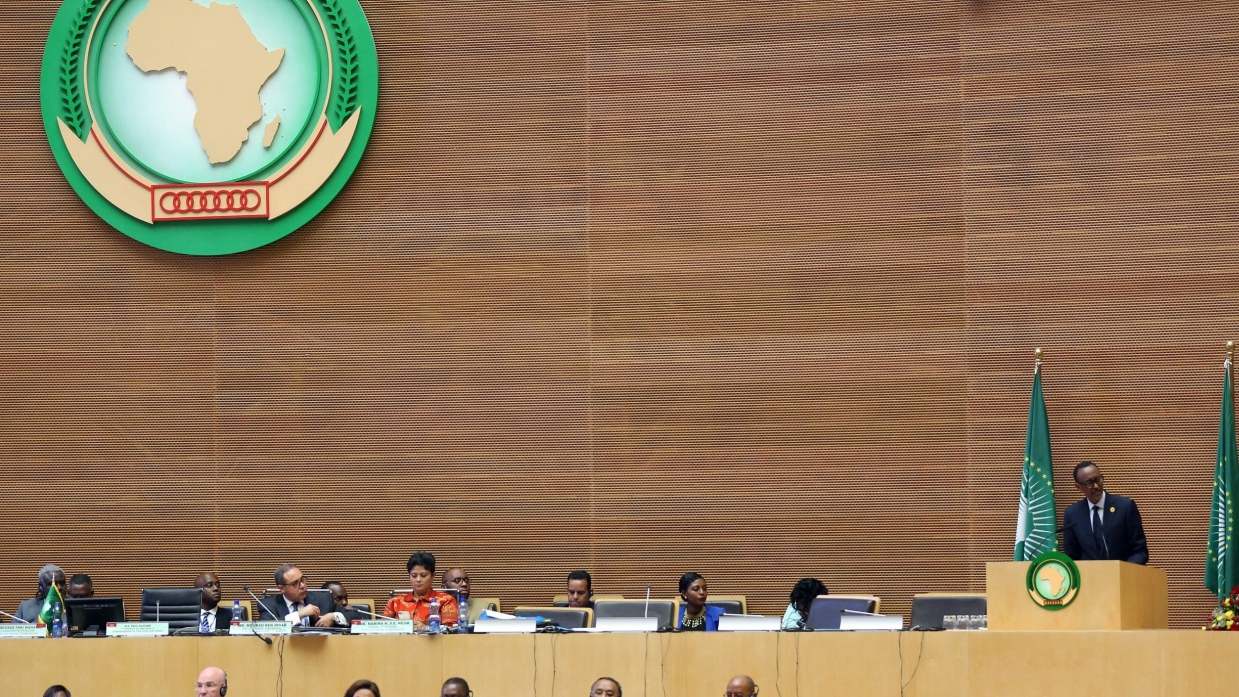
Business
17:08, 29-Aug-2018
Fueling Connectivity: When Belt and Road Initiative meets UN 2030 Agenda, AU 2063 Agenda
Updated
16:20, 01-Sep-2018
By CGTN's Yang Zhao
01:10

China has said on many occasions that the Belt and Road Initiative is inclusive. The mega plan has the potential to work with other international and regional development plans including the UN 2030 Agenda and the African Union's 2063 agenda.
Back in 2016, in meeting with then-UN Secretary-General Ban Ki-moon, Chinese President Xi Jinping argued that the Belt and Road Initiative could help the UN implement its 2030 Agenda for Sustainable Development for a set of ambitious goals, which include the eradication of poverty and hunger. The five priority areas of the Belt and Road Initiative, connectivity in policy, facilities, trade, finance and among people, are extensively linked with the 17 goals set by 2030 Agenda, which allowed for the UN to embrace the initiative.

Closing session of the 30th African Union (AU) Heads of State and Government Summit. /VCG Photo
Closing session of the 30th African Union (AU) Heads of State and Government Summit. /VCG Photo
There is also a close affinity between the UN's 2030 agenda and the African Union's Agenda 2063 goals. In one example, the UN's goal of ending poverty and hunger corresponds to the AU's goals of achieving a "high standard of living and quality of life for African people." The UN's goal of inclusive education also fits with the goals inscribed in Agenda 2063.
One more similarity is the involvement of China in these Agendas. The Belt and Road Initiative has been viewed as a vital component to address the infrastructure deficit in Africa and accelerate structural transformation of the continent.

SITEMAP
Copyright © 2018 CGTN. Beijing ICP prepared NO.16065310-3
Copyright © 2018 CGTN. Beijing ICP prepared NO.16065310-3